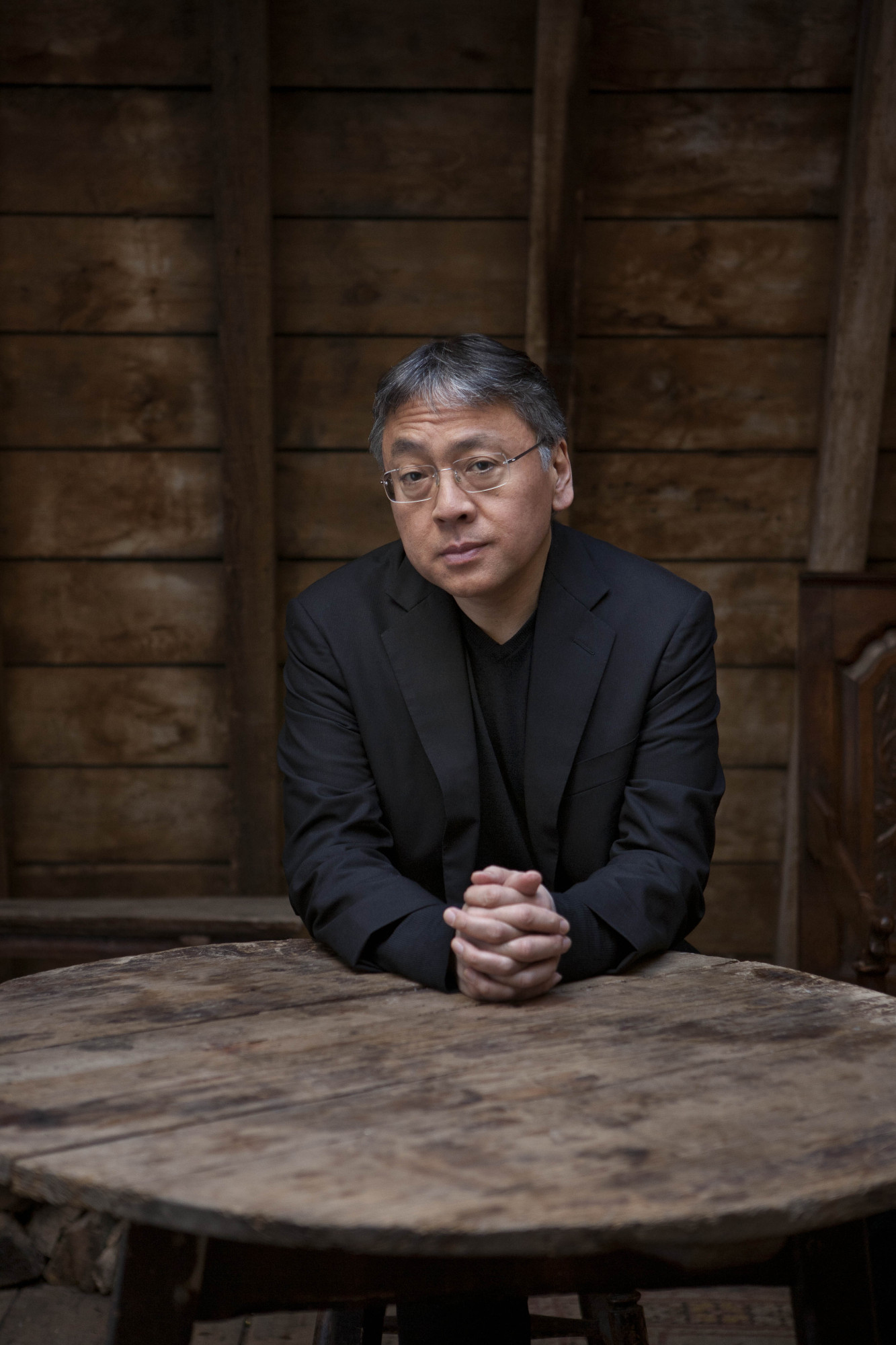When Kazuo Ishiguro received the Nobel Prize in literature last year, there was some confusion, especially in Japan, as to the writer's nationality. Born in Nagasaki in 1954, Ishiguro moved to the U.K. at the age of 5 and gained citizenship in 1982. Last month, as if to be claimed for good by his adopted home, the writer was knighted and became Sir Kazuo.
Ishiguro has always seen himself as a British writer and dislikes being pegged to his Japanese origins. Still, he admits that the matter is complex. "People are not two-thirds one thing and the remainder something else," Ishiguro said in an interview with Bomb magazine. "The bits don't separate clearly. You end up a funny homogeneous mixture."
But how do writers with a mixed background find an authentic voice in their art? Placed between cultures, perhaps dealing with identity issues and told to write what they know, how do they choose and convincingly render their settings and characters?

















With your current subscription plan you can comment on stories. However, before writing your first comment, please create a display name in the Profile section of your subscriber account page.